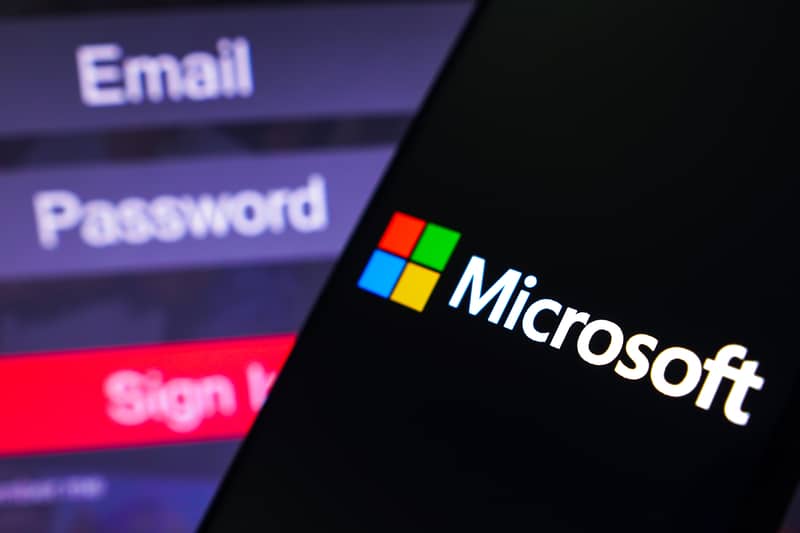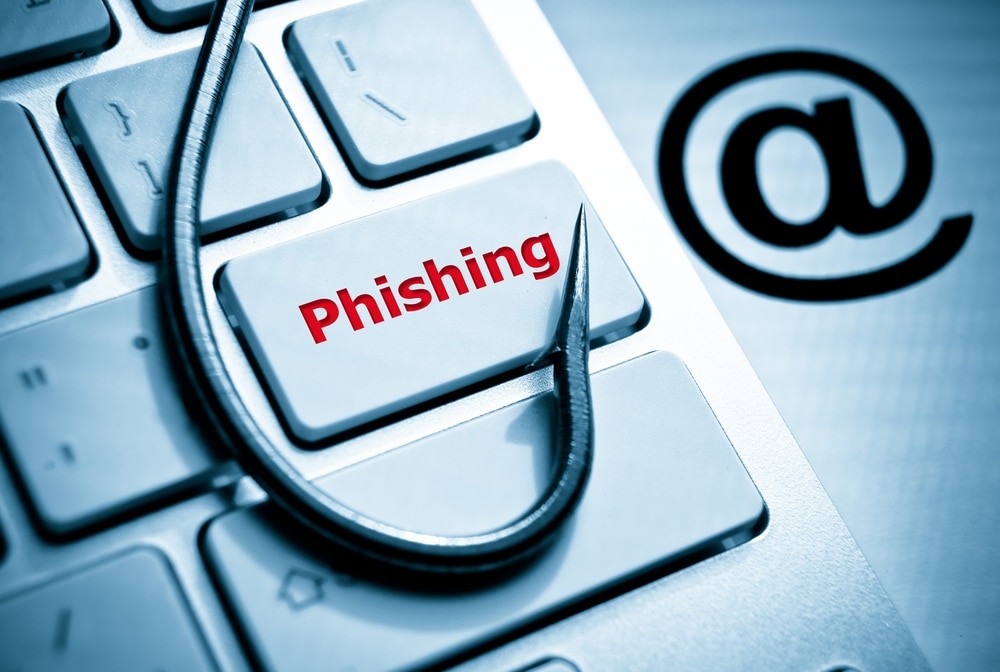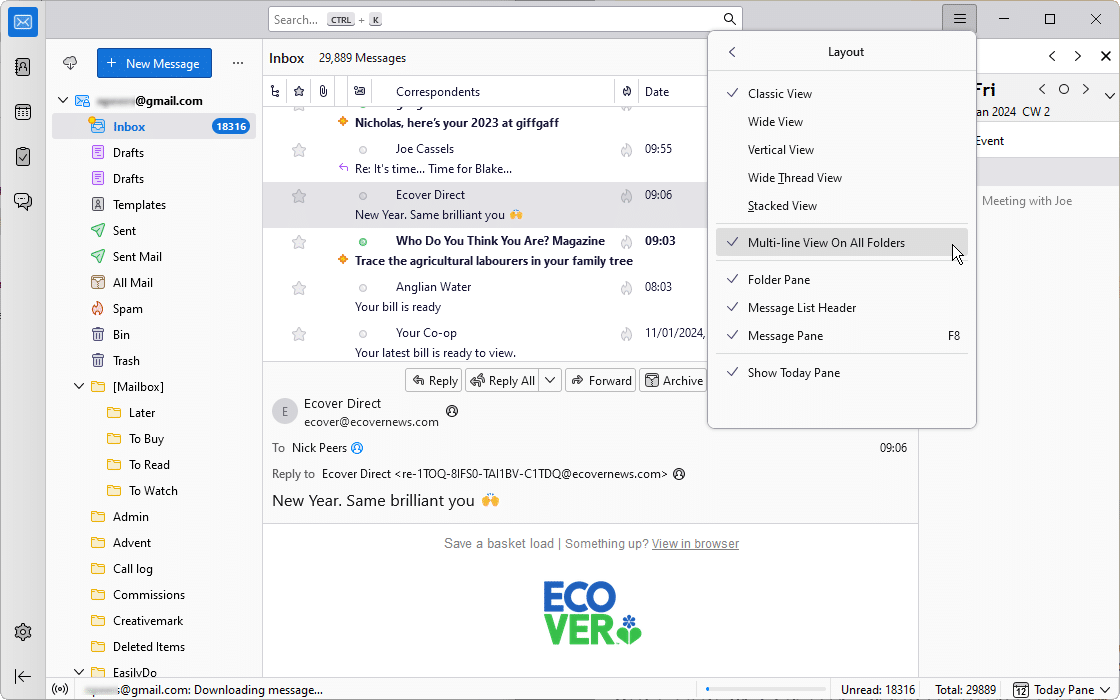
Proton Mail launches Dark Web Monitoring to alert users to leaks
One of the most common forms of cyberattack is credential stuffing, using exposed details on different sites to exploit the fact that people frequently reuse passwords.
Proton Mail is introducing a new Dark Web Monitoring feature that will alert customers if their credentials are exposed on the dark web, where stolen emails and credentials get bought and sold.

Auto industry is prime target for email attacks
The automotive industry has become a popular target for business email compromise and vendor email compromise attacks, according to new research from Abnormal Security.
Between September 2023 and February 2024, BEC attacks against businesses in the automotive industry increased by 70.5 percent. Over the same period 63 percent of Abnormal Security customers in the automotive industry experienced at least one VEC attack.

Microsoft is great, but not enough for email security
Microsoft 365 is the default software in SMEs, and understandably. The software offers a comprehensive set of productivity tools; flexible, scalable, and affordable licensing options, and compliance and security capabilities. However, given the ever-growing and persistent threat of cyberattacks, for email security, the standard security safeguards offered are insufficient.
Analysis of over 1 billion emails worldwide shows that emails are the preferred vehicle of cybercriminals. Email-delivered malware remains a favorite, increasing by 276 percent between January and December of last year. Additionally, attachments are growing as a threat. In Q4 of 2023, EML attachments increased 10-fold. Criminals are sending malicious payloads via EML files because they get overlooked when attached to the actual phishing email, which comes out clean.

Businesses still not ready for new DMARC rules
Despite them being widely publicized, Google and Yahoo's new email rules still risk catching out many businesses.
New research from EasyDMARC finds that, despite the email providers warning customers that failure to implement the DMARC security standard could lead to diminishing email deliverability, only 37 percent of IT decision-makers have rolled out the security measure.

Attackers exploit email forwarding rules to compromise accounts
Detections for malicious email forwarding rules have risen by nearly 600 percent in 2023, as adversaries compromised email accounts, redirected sensitive communications to archive folders and other places users are unlikely to look, and attempted to modify payroll or wire transfer destinations, re-routing money into the criminal’s account.
This is one of the findings in the latest Threat Detection Report from Red Canary. Half of the threats in top 10 leverage malvertising and/or SEO poisoning, occasionally leading to more serious payloads like ransomware precursors that could lead to a serious attack if not detected.

Humans represent the biggest security gap
According to a new report, 74 percent of all cyber breaches are caused by human factors, including errors, stolen credentials, misuse of access privileges, or social engineering.
More than two-thirds believe employees are putting the organization at risk through the misuse of email, oversharing company information on social media, and careless web browsing. This highlights the need for staff to receive better training on the risks.

New DMARC rules could see retailer emails not being delivered
New research from email security provider EasyDMARC finds that 25 percent of e-commerce retailers expect to see a notable drop in email deliverability following Yahoo and Google's email authentication policy changes.
Both Google's sender guidelines and Yahoo's sender requirements and recommendations have stated that failure to comply with the new sending standards could negatively impact email delivery. For e-commerce providers that rely on email as a marketing and customer communications channel, these measures could negatively impact customer engagement and sales.

Sophisticated phishing campaigns bypass enterprise secure email gateways
A new report from Cofense based on data from its Phishing Detection Center identifies over 1.5 million malicious emails bypassing customers' secure email gateways (SEGs), a 37 percent increase in threats compared to 2022.
The report shows that SEGs struggle to keep pace with sophisticated phishing campaigns and that relying on 'good enough' email security is no longer an option for most enterprises.

The phishing bait you're most likely to take
Phishing is the most common form of cyberattack as criminals seek to obtain credentials to access bank accounts or corporate networks.
Abnormal Security has analyzed which phishing attacks generate the highest click rate and categorized them based on the words included in the subject line.

The top phishing themes of 2023
New research from Cofense reveals the most common phishing themes of last year, which offer insight into the threat actor's intentions.
Information analyzed to determine the theme includes the brand being spoofed, any attachment names, rendered attachments in the case of documents or HTML files, and the email body content, plus of course the subject.

Businesses call on EU to defend encryption and privacy
In March this year, EU countries' interior ministers are due to vote on the introduction of mandatory client-side scanning for all providers in order to identify child abuse material.
But an open letter, published today, from a group of privacy-focused companies warns of the risk of opening up a backdoor and calls on ministers to defend citizen's right to privacy and strengthen the position of EU companies.

Betterbird 115.6.1 -- the email client Thunderbird could have been
The troubled history of Mozilla’s Thunderbird could fill a book, from an extensive period on life support to its shift away from non-profit ownership. Even as development has resumed on the once moribund email client, criticisms remain over its stability and features.
For those frustrated by Thunderbird’s continuing issues, there may be a solution: Betterbird, which as its name implies, is a fork of the main Thunderbird client.

Financial services businesses see spike in vendor email compromise
A new report from Abnormal Security shows that vendor email compromise (VEC) attacks against financial services organizations increased by 137 percent in 2023.
This is an industry that handles a wide array of sensitive personal and financial information of the type hackers love to get their hands on. This makes organizations within the financial services sector particularly susceptible to cyberattacks, including socially-engineered email attacks.
94 percent of organizations suffer email security incidents
According to a new study, 94 percent of global organizations have experienced email security incidents last year, up two percent from the year before.
The latest Email Security Risk Report from Egress looks at attitudes and approaches to email security, the evolution of risks, and the impact of incidents, based on responses from 500 cybersecurity leaders.

Up to a third of companies could fall foul of new bulk email rules
New research from cyber resilience company Red Sift shows that 33 percent of publicly traded companies worldwide are not protected by the DMARC email standard, though this is down from 70.5 percent in 2022.
However, in light of Google and Yahoo's new rules for bulk senders -- those sending over 5,000 emails daily -- which come into force on February 1st and are aimed at reducing spam, not using DMARC is a problem.
